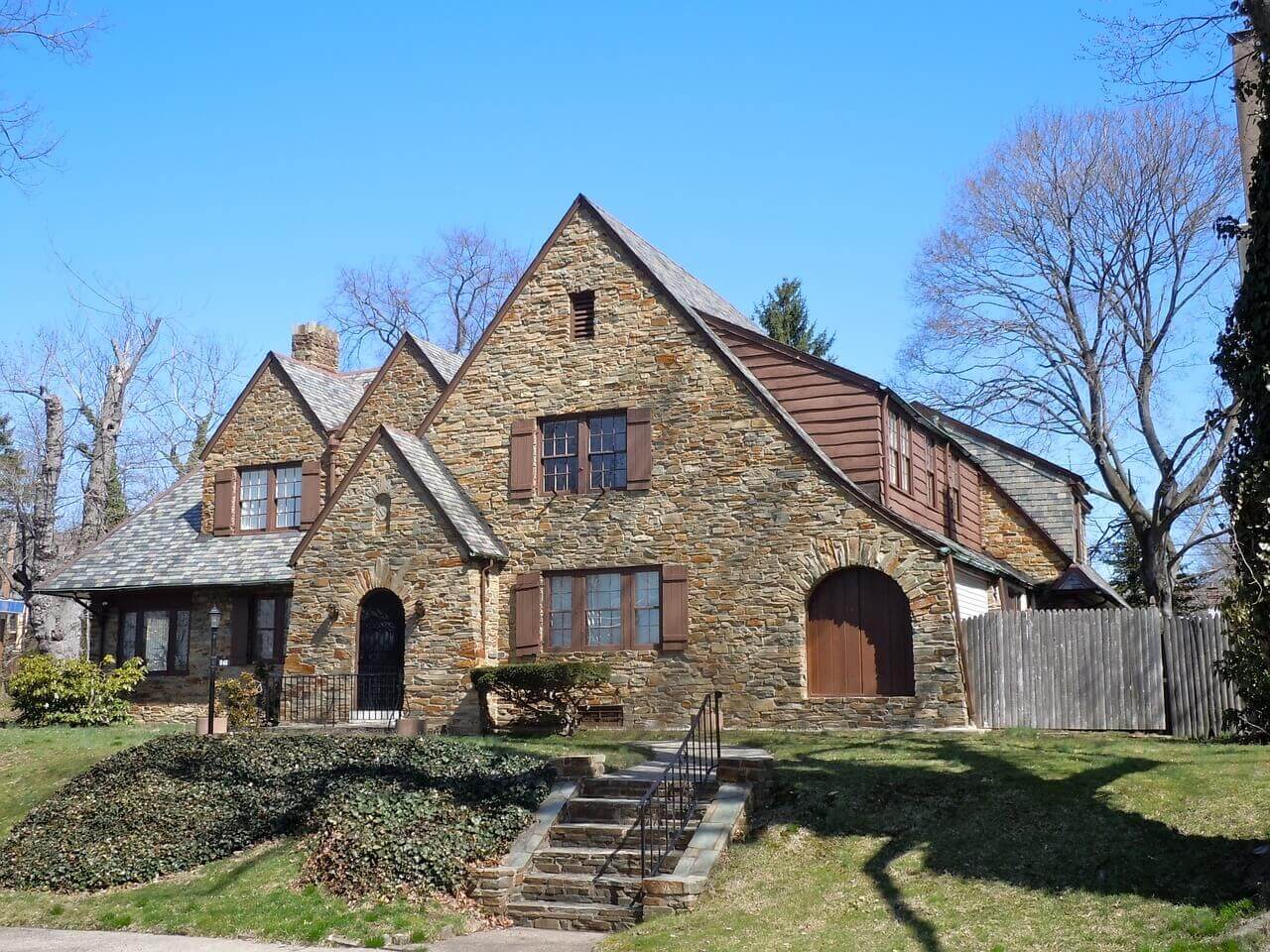Living in Virginia comes with a wealth of benefits: you’re only a couple of hours away from both the beach and the mountains, and there are numerous world class cultural opportunities across the state. Plus, if you love historic properties, you’ve got jaw-dropping options at the tip of your fingers. Whether you’re looking for a completely modernized historic home or want to undergo a restoration, Virginia is full of options. However, charm alone can’t be the deciding factor when selecting your new home. Consider these tips when searching for your perfect historic home in Virginia.
Ask About the Plumbing and Electrical
Your love of old homes probably doesn’t include turn of the century wiring and plumbing. If the house needs some renovating, you need to remember to think beyond aesthetics and incorporate wiring and plumbing updates in your costs. Even if the house appears to have been updated, still ask because they can be dangerous. Old wiring can turn into a fire hazard, and a leaky pipe can do as much structural damage as an earthquake. On the plus side, if these two are new, everything else should be relatively minor.
Check for Local Restrictions on Historic Preservation
Certain cities and counties have limits to what you can do to historic properties. Whether it’s adding an addition or painting the outside a different color, there might be restrictions to what you can do. Play it safe and call the planning and development office before you start. Odds are you were attracted to the house because of its unique architecture, and would never consider changing its appearance to any extremes; however, if you purchased the property because space is at a premium, and you plan to modernize it, definitely make a few calls before you move forward. You might need to look elsewhere.
If the House is a Gut Job, Bring an Experienced Contractor With You
If the house needs to be stripped down before you can move in, take an experienced contractor with you before purchasing. No matter how handy you are, the contractor is going to point things out that you wouldn’t see. For example, almost all turn of the century houses have lead and asbestos. If the house has been properly updated, they’ve probably already been dealt with, but it’s a possibility they weren’t. Disposal and replacement can get expensive, and if you’re purchasing the house with a reno-loan, your funds might get eaten up fast (assuming the bank approves the purchase). Find a contractor who’s not afraid to give it to you straight. He may deflate your dreams, but it’s better than an empty wallet.
Buying an old, historic property is a classic example of look before you leap. It’s hard because the architects back then really knew how to build a house. Unfortunately, for your health and financial safety, its age could be toxic for you. So when you find your house, make sure you know what you’re getting yourself into.
